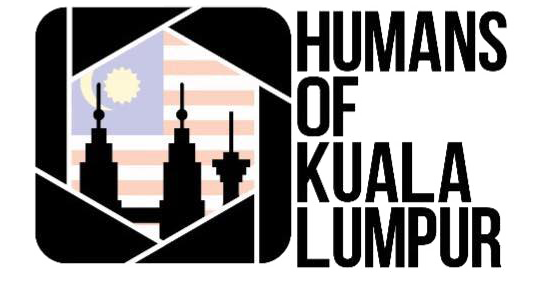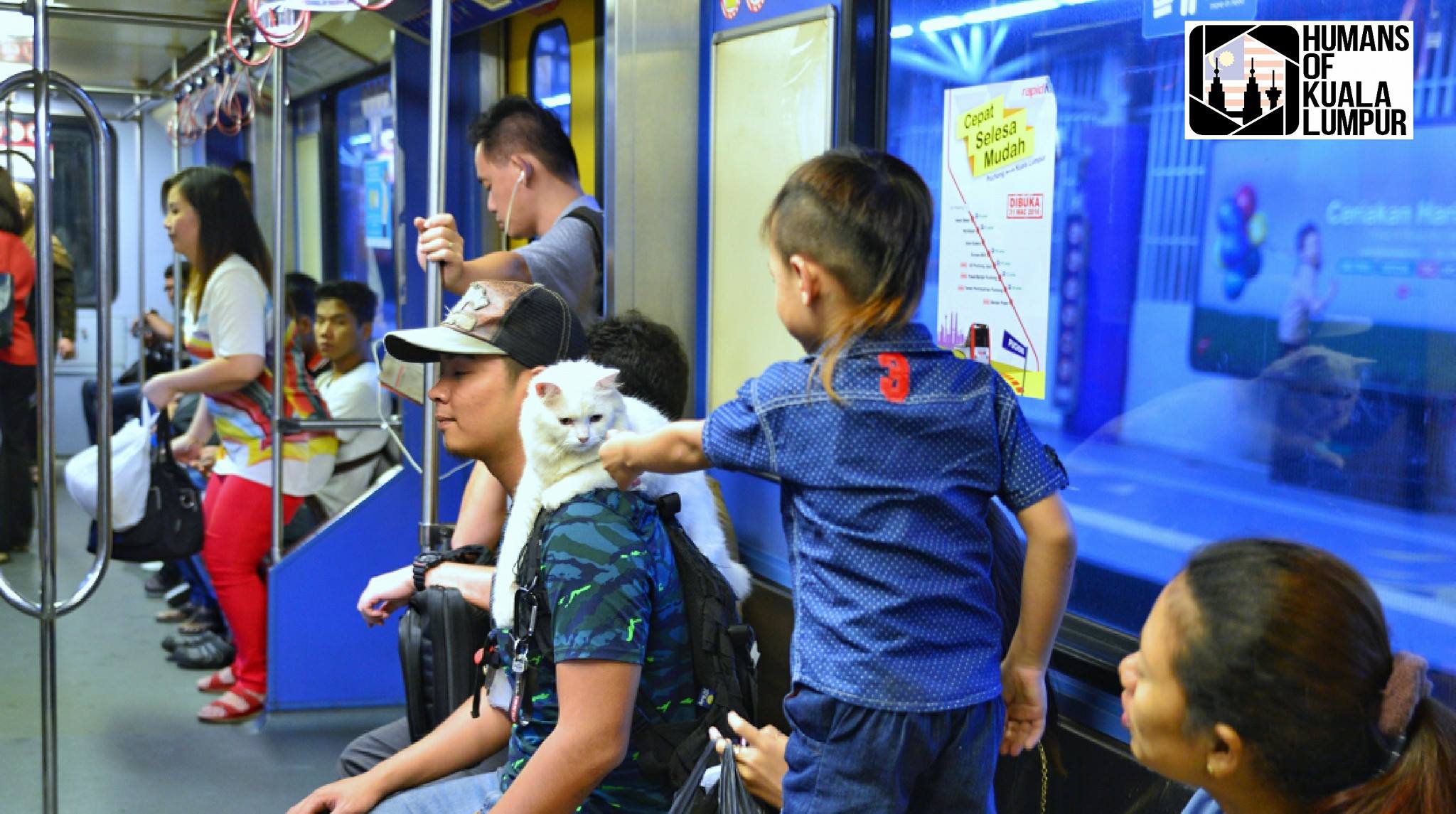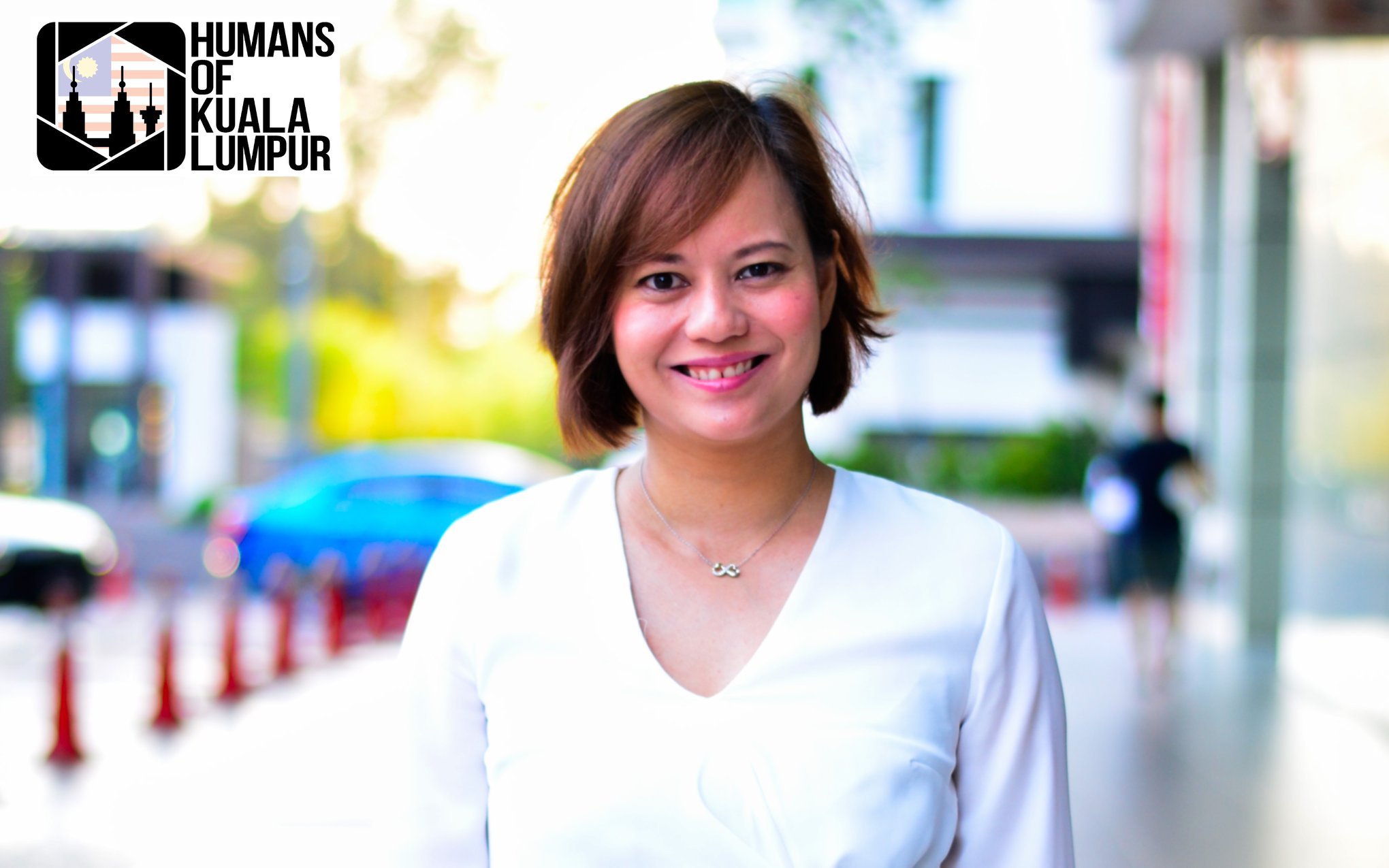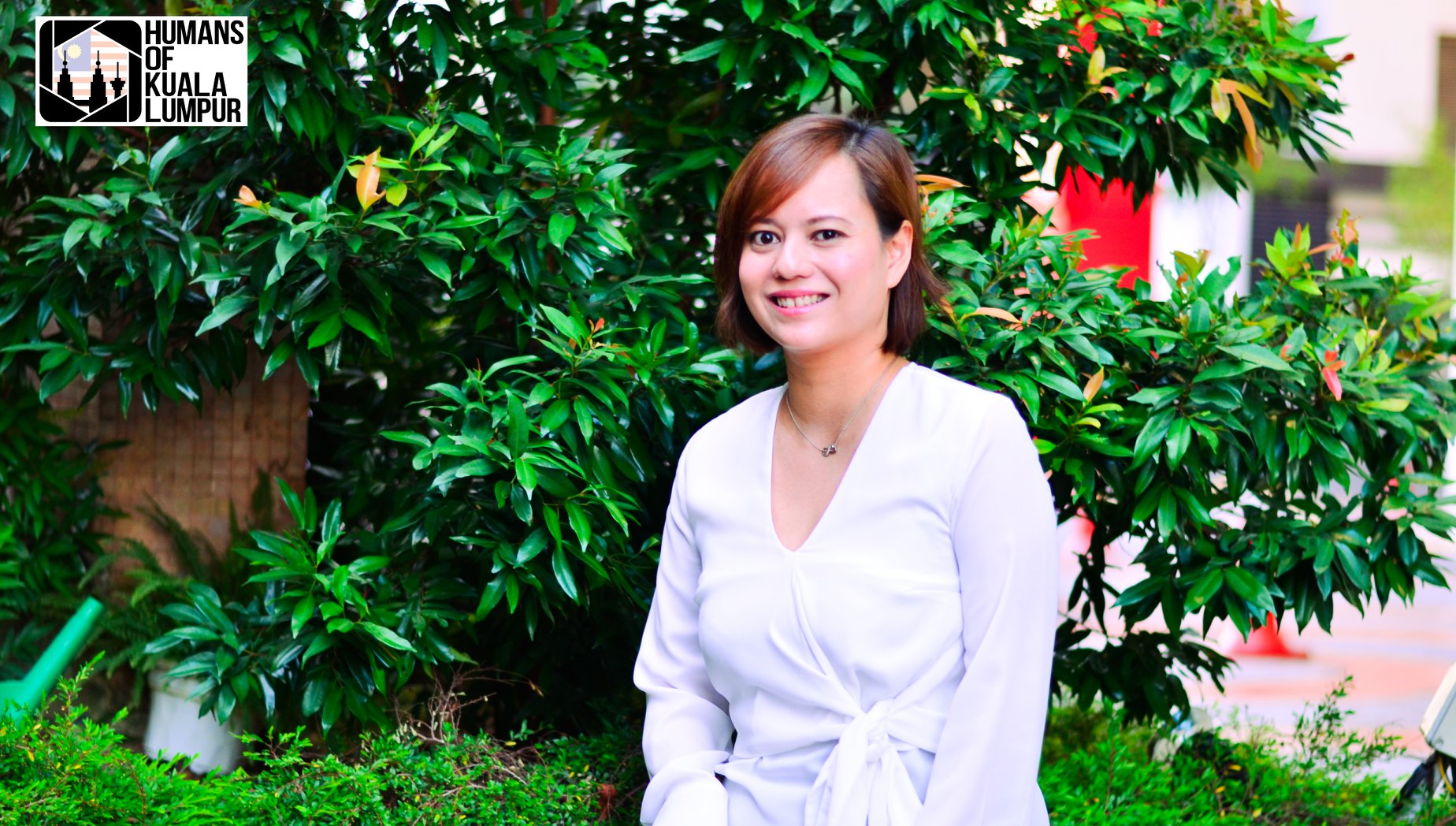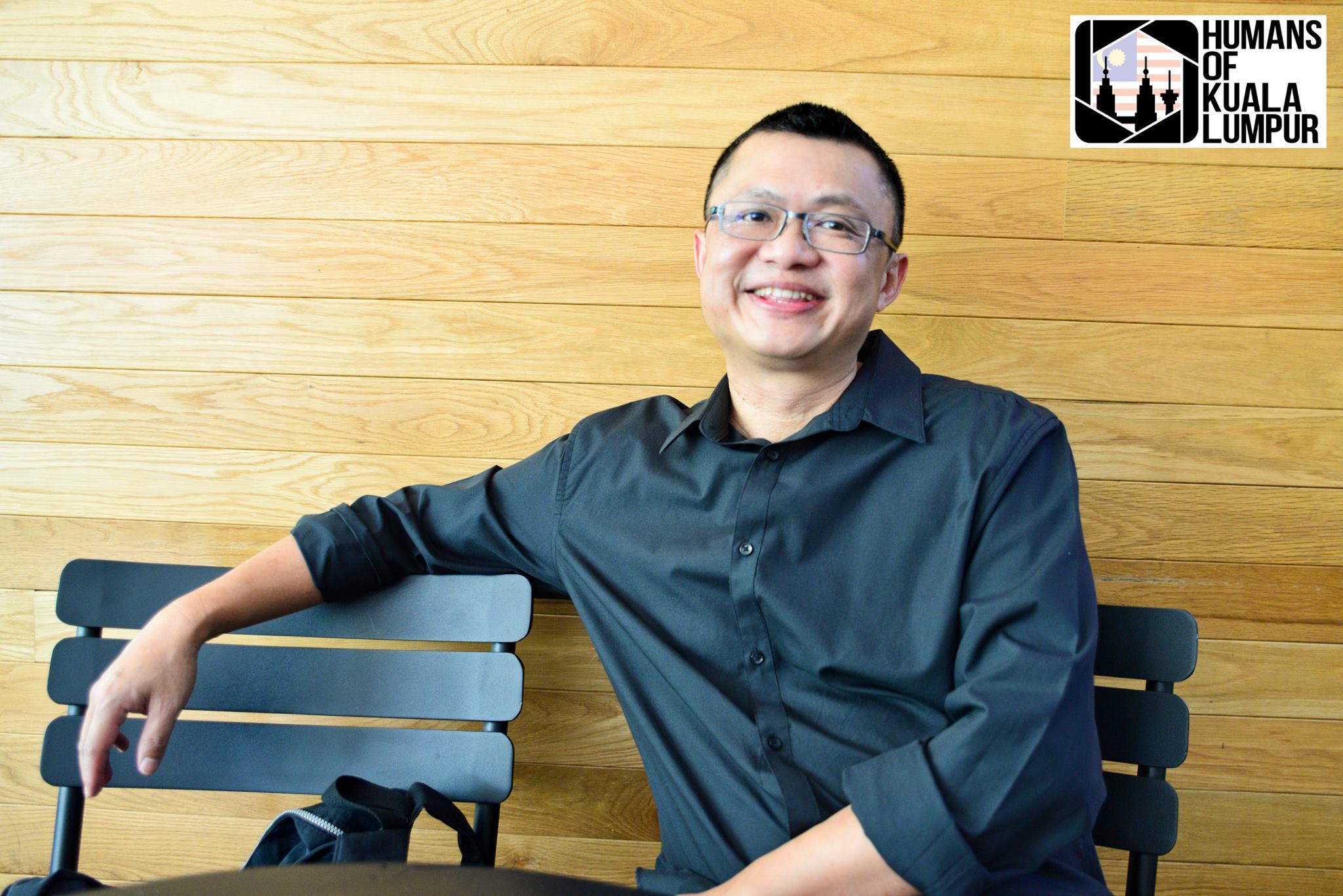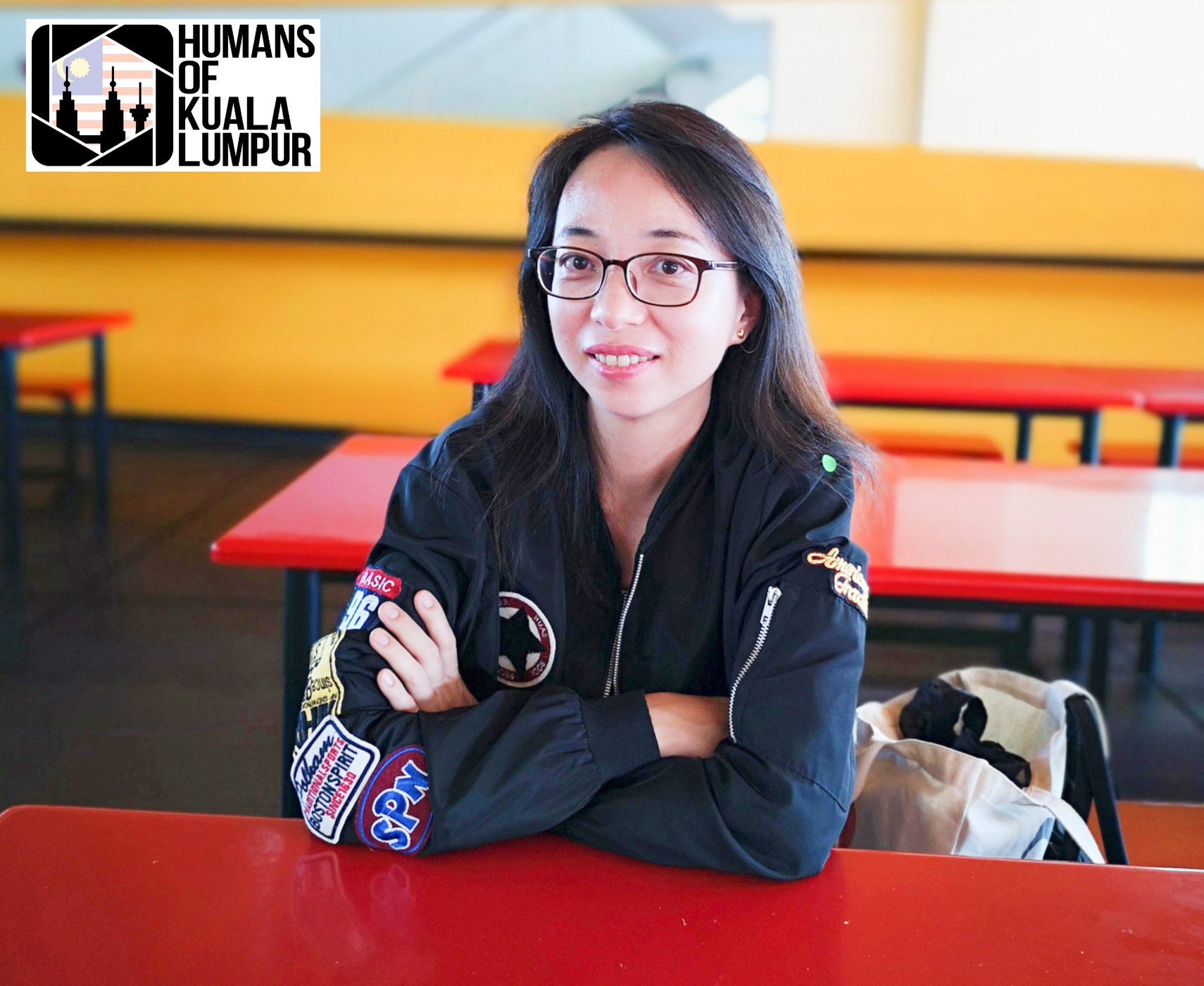(1/2) “We used to play football together from our childhood days. People from Kerinchi, Bangsar, Abdullah Hukum wanted to come, beat up the Chinese in Lembah Pantai and even murder them.
I stopped them and said, ‘Don’t you dare, this is my area. If you want to come here and cause trouble, you need permission from me. Why do you want to kill them? I know all of them since we were kids. Even though we were from different schools – me in a Malay school, and them, a Chinese school, we are all friends. Leave, now!’
I told the Chinese boys, ‘Don’t be afraid. Stay put, and they won’t bother you again. Wait until the police or army come and pick you up.’ They waited, and the police eventually came and took them to safety.
I didn’t touch a single Chinese person, I looked after them to make sure they were safe. If they got murdered, I would have to answer to the police since I was a youth from Pantai. When the Bukit Aman police came, they took 20 youth with them. My name was first on the list because I was the ‘taiko’ of Pantai area. Luckily there was the ‘ketua kampung’ to protect us.
People back then liked to listen to other people’s opinions and stories. People were divided and used to conspire against each other. That’s what lead to all the fighting and riots. Even amongst the Malays they used to fight each other. I don’t understand, why would you fight amongst yourselves?”
__________________________________________
(1/2) “Masa rusuhan 13 Mei 1969, saya ada di KL. Saya 19 tahun masa tu. Ramai orang Cina tinggal di kawasan ini, dan mereka semua kawan saya. Kami selalu main bola sama-sama masa kecil dulu. Orang-orang dari Kerinchi, Bangsar, Abdullah Hukum nak datang dan pukul orang Cina di Lembah Pantai dan ada yang nak membunuh pun.
Saya halang mereka dan bagitahu, ‘Jangan korang berani, ini kawasan aku! Kalau korang nak datang sini bawak masalah, minta izin aku dulu. Korang dah kenapa nak bunuh dorang? Aku kenal dorang dari kitorang budak kecil lagi. Memang kitorang sekolah lain-lain – aku sekolah melayu, dorang sekolah Cina, tapi kitorang semua kawan. Berambus sekarang!’
Saya bagitahu budak-budak Cina tu, ‘Jangan takut. Tenang je, dorang tak akan kacau lagi. Kita tunggu je polis ke askar datang untuk tolong.’ Mereka tunggu, dan akhirnya polis datang dan bawa mereka ke tempat yang selamat.
Saya langsung tak sentuh mana-mana orang Cina, saya jaga mereka untuk pastikan mereka selamat. Kalau ada yang terbunuh, saya yang akan bersoal jawab dengan polis sebab saya budak Pantai. Masa polis Bukit Aman datang dan tangkap 20 orang budak, nama saya nombor satu dalam senarai sebab saya taiko kawasan Pantai. Kami agak bertuah sebab ada ketua kampung yang membantu kami.
Orang dulu-dulu suka dengar cerita dan pendapat orang lain. Mereka dipuak-puakkan dan dipergunakan dengan komplot menentang antara satu sama lain. Itu yang jadi punca gaduh dan rusuhan. Antara orang melayu pun nak gaduh. Saya tak faham. Kenapa nak bergaduh sesama kita?”
Seen at PPR Lembah Pantai
Photostory by Amalina Davis and Mushamir Mustafa
Translated by Khairul Ridhwan
Do you have a story? Let us know here: https://forms.gle/ht4HsvbxgSgcKS5h8
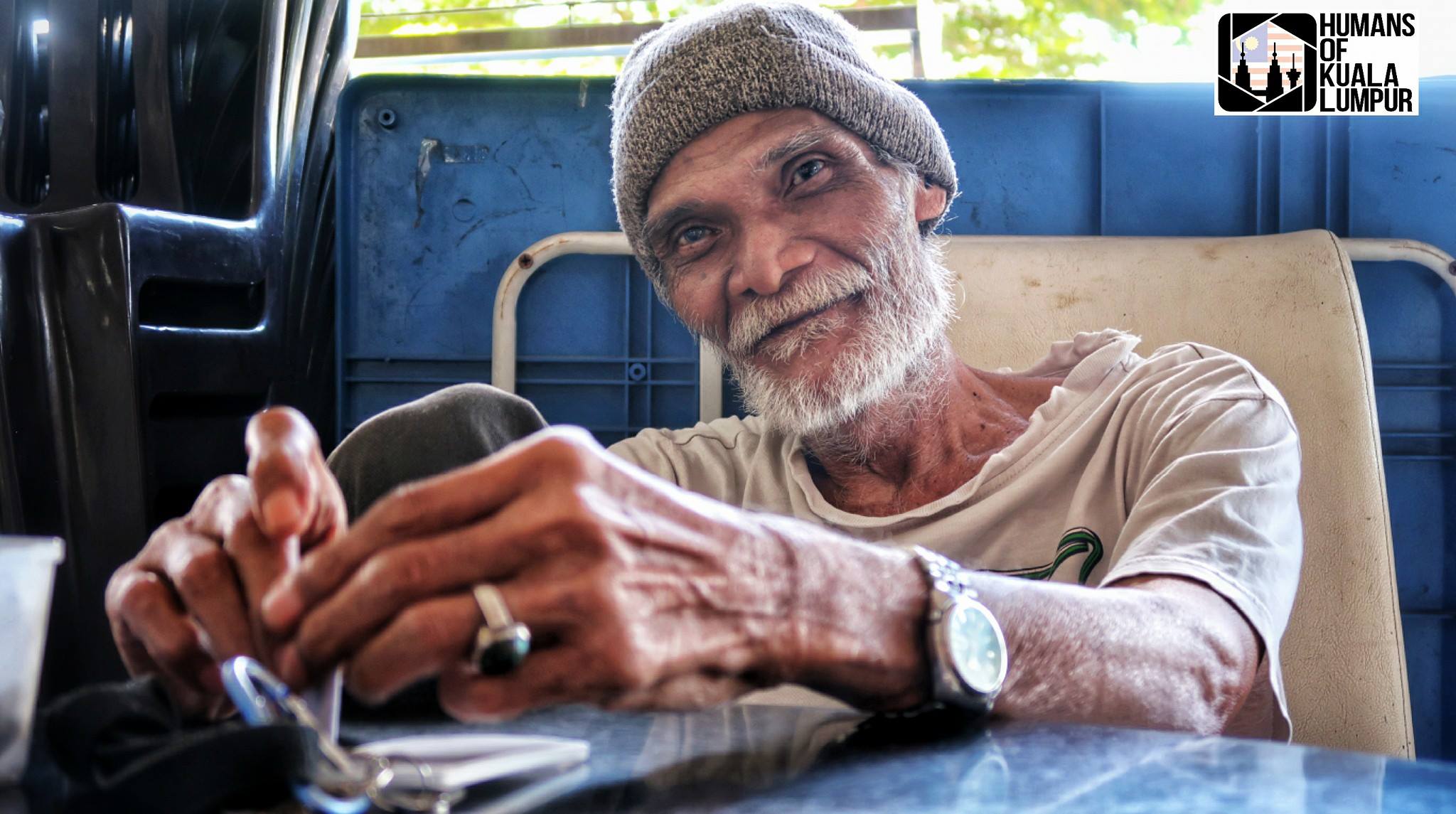
(This post was first published on May 5th 2018)
